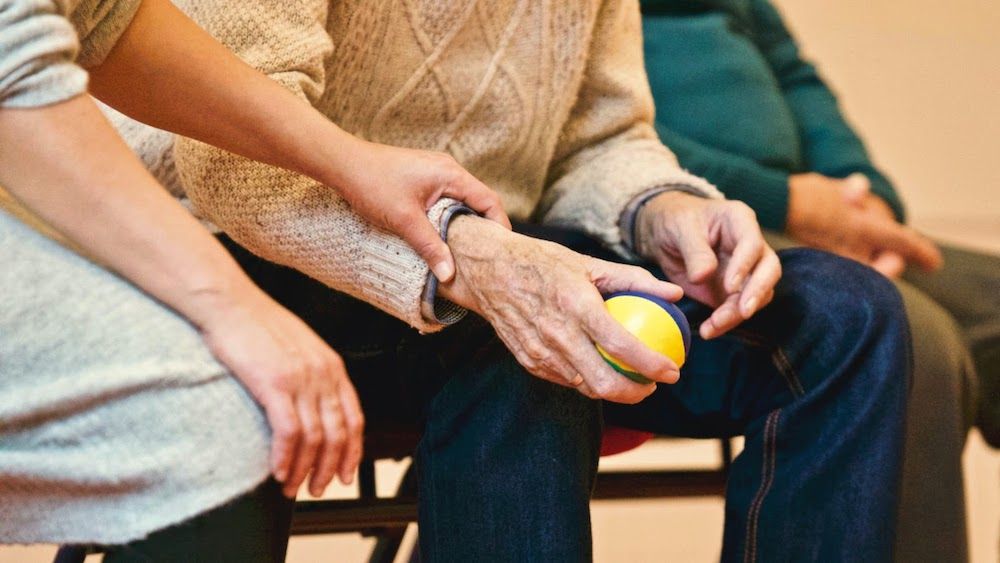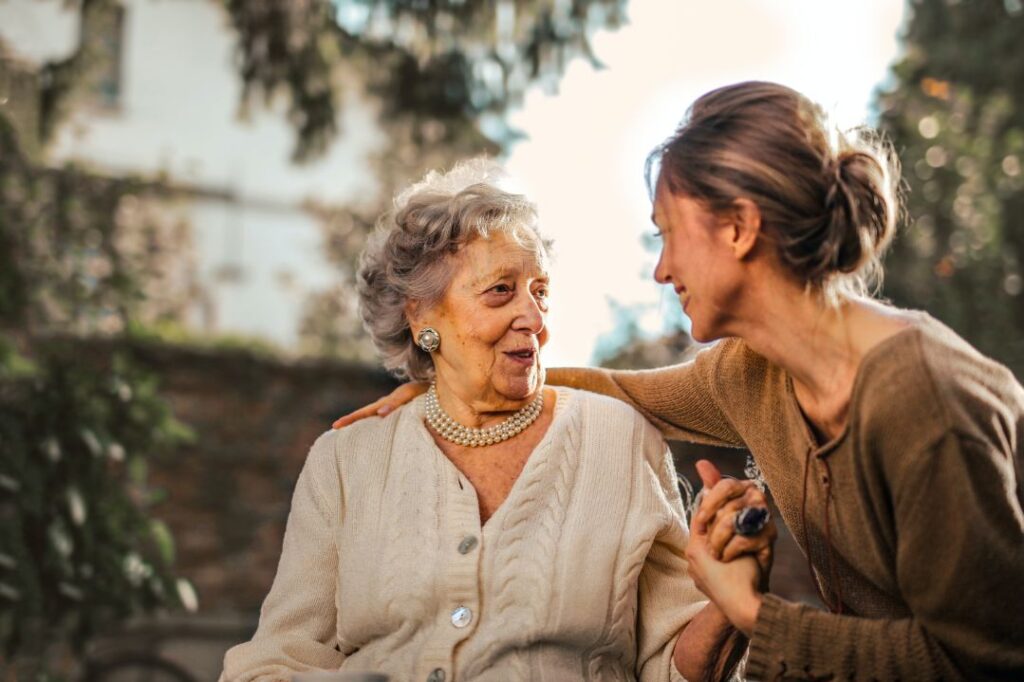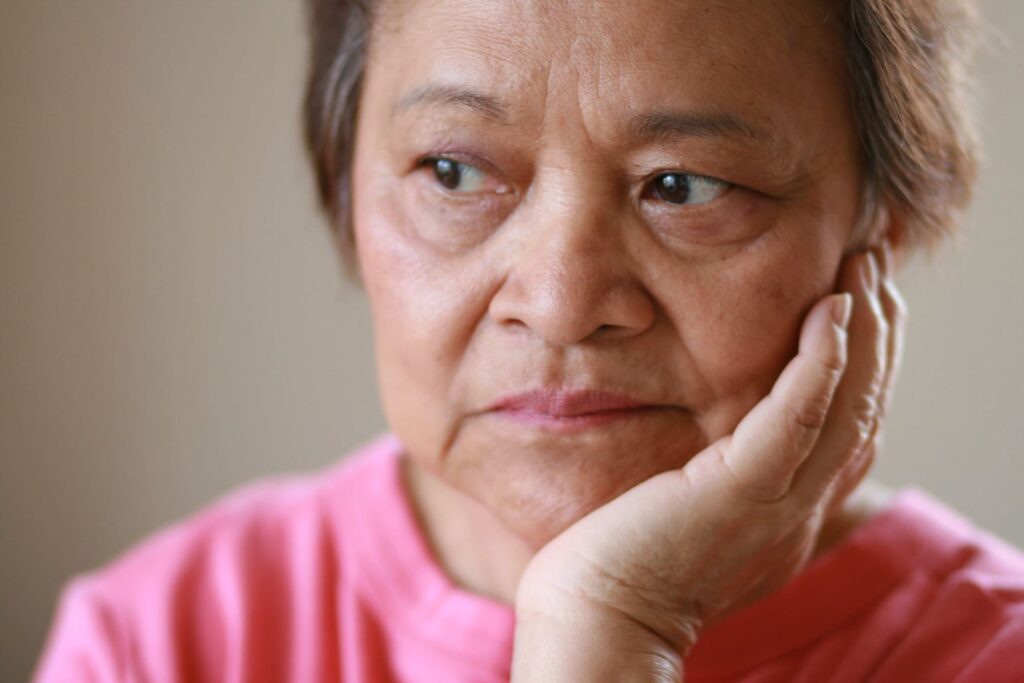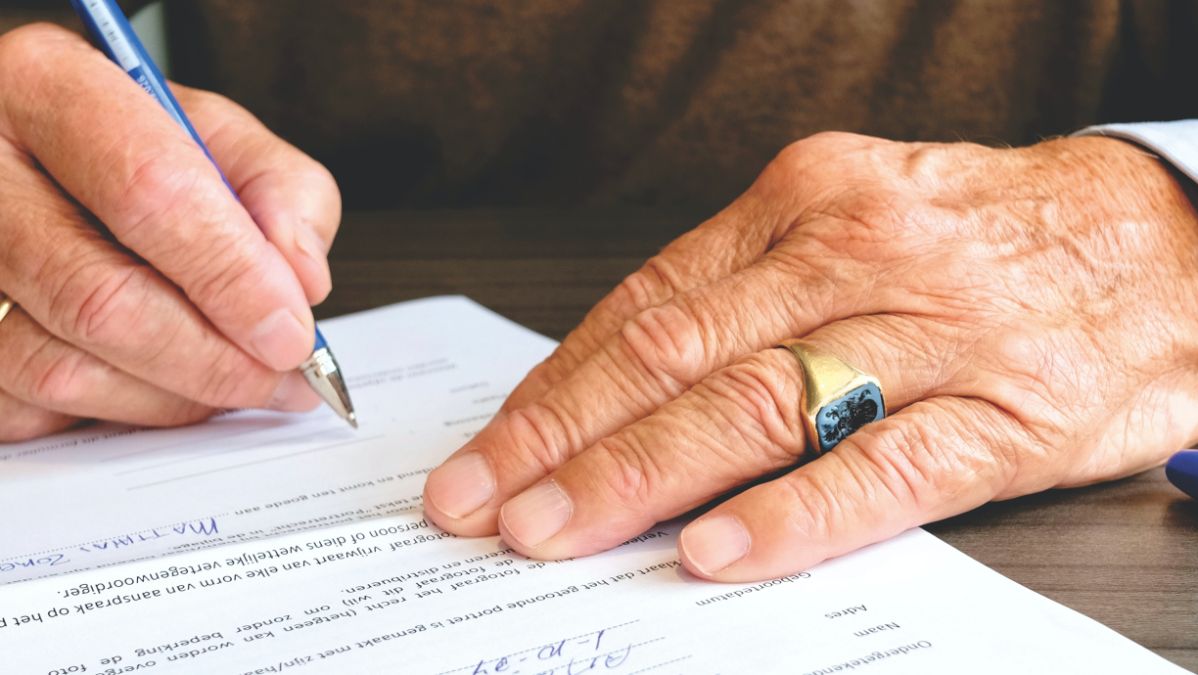It has been a tradition for generations to take care of our elderly neighbors and friends, whether they are our grandparents, great-grandparents, or simply a neighbor. As they age, it is important to give them the care and assistance they need, knowing that when they are older, someone else will take over that responsibility.
However, what happens if you are accused of elder abuse? It can be perplexing and even upsetting to hear such an accusation, especially if you’ve done everything you can to uphold the conservatorship and take care of your loved one.
Fortunately, you can take precautions to safeguard yourself and clear your name. The steps you should take if you are accused of elder abuse are discussed below.
You Might Also Like: Why Do the Elderly Not Report Domestic Violence?
Types of Elder Abuse
Before solving the “what happens if you are accused of elder abuse?”, the first thing is to figure out the types of elder abuse. Elder abuse comes in a variety of forms. Among the most common types include:
Physical Abuse
Physical abuse involves the (non-accidental) use of force that results in impairment, physical pain, or bodily injury to an elder. Using restraints on an elderly person while they are being physically abused, as well as hitting, shoving, shaking, and using inappropriate drugs.
If an elder is hurt while receiving physical care from a caregiver, that person could be accused of physical abuse. If an elder is a victim of an alleged crime, the caretaker may be subject to more severe legal consequences.
If found guilty, the punishments could be severe. It’s possible the accused did nothing wrong because an older person is more prone to physical harm, discomfort, or impairment.
Financial Abuse

Undue influence (financial abuse) is often a primary element in a financial abuse case involving an elder. The prosecution must show that the accused used coercion, deception, or manipulation on the elderly person in order for him or her to lose money or property to the offender.
This component might also be connected to the misuse of a fiduciary or power of attorney. For instance, a lawsuit is filed against the estate trustee of a senior because they are accused of financial wrongdoing. The accusation against him or her is that they stole from the elder’s trust.
If the accuser brings this case before the state attorney in Texas, the defendant might be charged with a civil or criminal offense.
Other Types of Elder Abuse
- Verbal-emotional abuse involves gaining control of the elder through intimidation, ridicule, or humiliation of the elder. This is another example of “taking advantage of the older person’s weaker mental state to gain control of him or her. An accuser may be able to demonstrate verbal-emotional abuse by repeatedly blaming the elder or making him or her the victim of blame.
- Nonverbal-psychological abuse may include menacing or terrorizing, isolating, or ignoring him or her.
- Neglect involves the failure of a caretaker to fulfill his or her obligation to an elder. More than 50% of cases of elder abuse in Texas involve neglect. The prosecutor may charge either passive (unintentional) or active neglect.
- Fraud involves the misuse of a senior’s financial accounts, such as bank or credit card accounts. The defendant may be charged with robbing the elderly person of their belongings, money, or income checks, forging their signature, or committing identity theft.
- Scams, such as phony charities, “prizes,” or investment fraud, that prompt the elder to lose money or property.
- Fiduciary abuse (power of attorney, breach of trust) occurs when a person responsible for the management of the elder’s assets uses his or her fiduciary power to access money or property in an illegal or unethical manner. A family member, financial advisor, or agent with power of attorney can violate fiduciary duties.
- Theft by conversion involves another person’s lawful possession of the elder’s funds or property but converts this property into money for his or her personal use, without the elder’s permission.
Attempt to maintain your composure if you are unjustly accused of elder abuse. When trying to help a senior family member, friend, or client, things can sometimes go wrong. It’s possible that your efforts to assist will be misinterpreted. Consider the fact that many honorable people are accused of elder abuse.
Having said that, don’t believe that telling the truth will suffice to protect you from a false accusation of elder abuse. A powerful legal defense is required.

Never talk unkindly to others about the accuser. Don’t call them crazy or insane. You should talk to your defense attorney about any comments you have about your case.
What Happens If You Are Accused of Elder Abuse?
Now, let us solve the problem: what happens if you are accused of elder abuse? The first thing you should do if you are falsely accused of elder abuse is to get in touch with a qualified lawyer. Without legal representation, you will be forced to enter the proceedings blindly, uninformed of the best methods to clear your name.
Before making any statements or responding to any inquiries, be sure to speak with a lawyer. Careless responses could end up costing you later on.
After hearing the specifics of your case, an attorney will either suggest a more qualified colleague help you with the case or take it upon themselves. If you are falsely accused of elder abuse, it is imperative that you have someone on your side who fully understands the law and can give you legal advice on how to proceed.

- You need a criminal defense lawyer with access to a network of experts, such as forensic accountants, for a case involving money.
- You need a meticulous defense lawyer who will carefully go over medical records in an elder abuse case where there is a claim of injury.
- A skilled defense attorney will argue that the evidence should be deemed inadmissible on the grounds that the authorities may not have properly gathered it.
If you’re innocent, a skilled defense lawyer will make every effort to have the charges against you dropped or reduced.
How to Protect Yourself from Elder Abuse?
An incident involving either material or monetary issue must have happened before someone could make an accusation. Doing everything in your power to stop either kind of issue from occurring is therefore the best way to avoid being accused.
Making sure your loved one has all of the equipment and mobility aids they require is one preventative measure. If they require assistance with mobility, for example, make sure they have a functional wheelchair or a sturdy cane.
Consider checking their living spaces to identify potential problem areas, like deteriorating railings or uneven steps, and contemplate repairs, if necessary.
In addition to safeguarding your loved one, you want to show how much thought you put into ensuring their physical safety. Such preventative measures can aid in fortifying a defense should a problem later arise.
Making sure your loved one is aware of scammers’ realities is another preventative measure, especially if they reside on a luxurious property or are regarded as being extremely wealthy.
Your unwary loved one might fall victim to a variety of in-person, online, and telephone scams in an effort to steal money. Not only could it be disastrous for them to fall victim to a con artist, but you might also come under fire for not protecting them.
Warn your loved one about all types of scams, including:

- Door-to-door solicitation
- Medicare fraud
- Funeral or cemetery fraud
- Credit card scams
- Email scams
- Telemarketing
- Living trust mills
- Direct, in-person scams
How Elder Law Abuse is Proven?
In a genuine case of elder abuse, the accuser will have to not only prove that some form of the problem has developed and that the conservator deliberately intended to carry out the abuse. This is the best way to respond to a false accusation.
Take into account, for illustration, a scenario in which you are permitted to handle financial matters as part of your conservatorship. You take a small amount of money out to make what seems to be a good investment, but it ultimately doesn’t turn out as you had hoped.
Another family member takes the chance to accuse you of financial elder abuse, looking for any excuse to strike.
In this instance, so long as you were able to prove you were attempting to act in the loved one’s best interest – by growing their estate through what seemed to be a smart investment – you likely will not be convicted.
Your accuser would have to show that you have a poor track record with money, rendering your investment negligent in some way, or provide evidence that you knew the investment would fail beforehand.
There are several common types of elder abuse you could be falsely accused of, including:
- Physical abuse
- Neglect/endangerment
- Emotional abuse
- Financial abuse
For allegations of physical elder abuse, the victim must be physically harmed in some way, and it must be believed that you were directly responsible for the harm. Similarly, if it is believed that your neglect or carelessness caused the elder to hurt themselves, neglect or endangerment cases may be brought.
Keep in mind that the injuries need not be severe to trigger an accusation: An overly concerned family member might attempt a case based on something as simple as bruises.

It may be simpler to accuse someone of emotional abuse, but it may be more difficult to prove because it can be more ambiguous. This category tends to involve instances where a conservator routinely ridicules or humiliates the loved one or attempts to isolate them from others, often with the goal of extracting money or other assets.
The elder’s testimony is frequently crucial in proving or disproving emotional abuse.
Financial abuse includes any attempt to defraud an elderly loved one or willfully mismanage their money so that they can enrich themselves instead. As a conservator, you frequently have complete or limited control over the loved one’s financial decisions, and any action that might be misunderstood as less-than-ideal can lead to unjustified accusations.
When you learn that you are being accused, do everything in your power to accurately recall and record the circumstances of the incident. In financial cases, you should prepare your documents for inspection and provide justifications for your decisions. Expect an audit of your transactions.
Keep a record of any proactive maintenance or actions you took to safeguard your loved one’s health in case you are accused of neglect. The names and phone numbers of any witnesses who might be able to verify your care should be gathered as well.
No matter what kind of elder abuse is allegedly occurring, the accuser must prove that you had the loved one’s abuse as a deliberate intent. In the event of a false accusation, you might believe that this automatically exonerates you because, after all, you had no intention of abusing anyone.
However, the court may interpret your actions in a way that is inconsistent with reality.
That is why you need the services of a qualified attorney to defend you from false elder abuse accusations. Otherwise, you run the risk of the accuser’s attorney outwitting your capacity to defend yourself in court, and regardless of whether you are guilty or not, you could be found guilty and subject to harsh punishments.
A misdemeanor conviction for elder abuse can result in a $6,000 fine, up to a year in jail, unofficial probation, and restitution. If you are found guilty of elder abuse as a felony, you could spend up to 4 years in jail, pay up to $10,000 in fines, make restitution, and enter formal probation.
Summary
When comes the “what happens if you are accused of elder abuse?”. The first thing you should do if you are falsely accused of elder abuse is to get in touch with a qualified lawyer. Without legal representation, you will be forced to enter the proceedings blindly, uninformed of the best methods to clear your name. Before making any statements or responding to any inquiries, be sure to speak with a lawyer. Careless responses could end up costing you later on.



